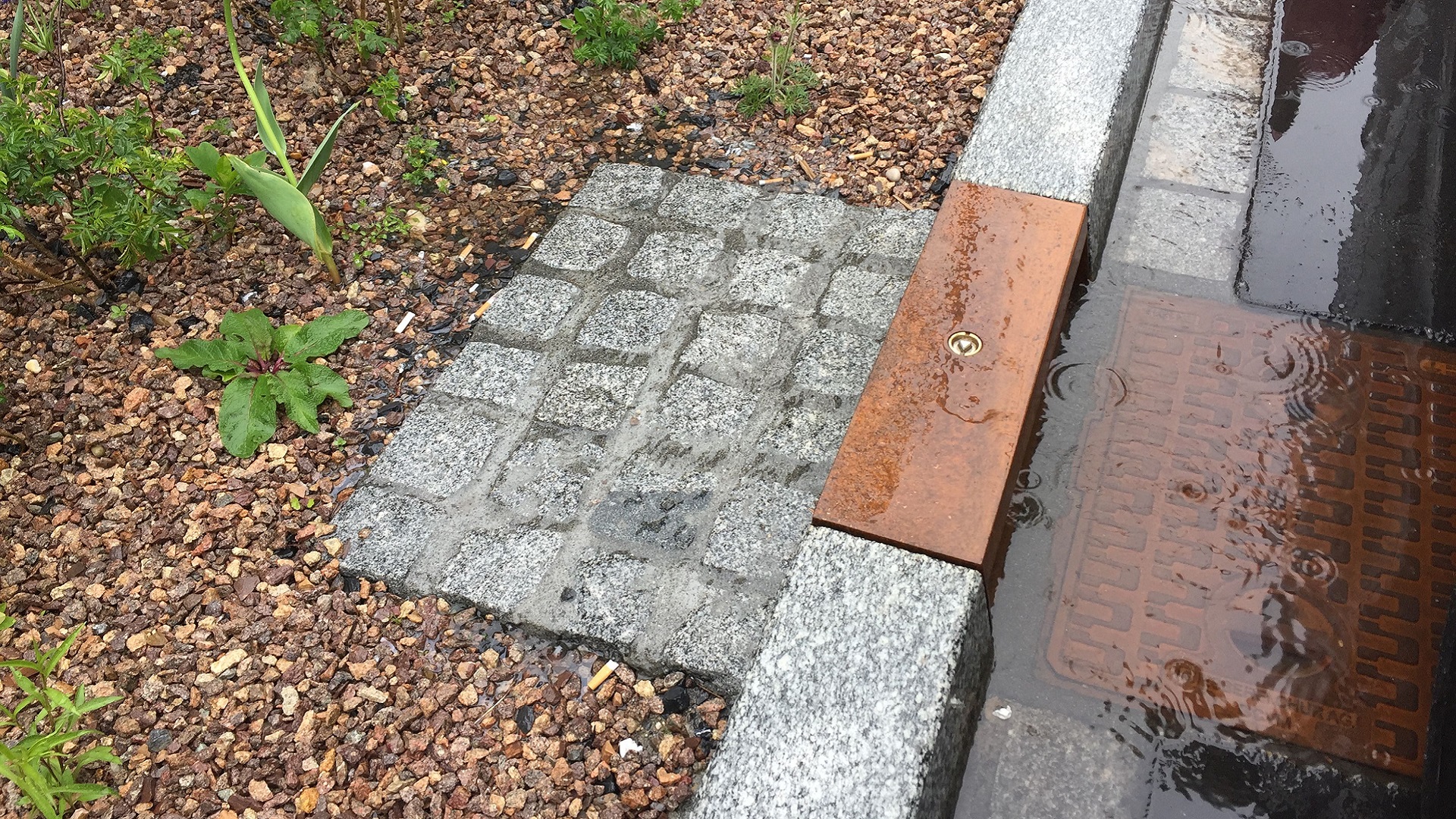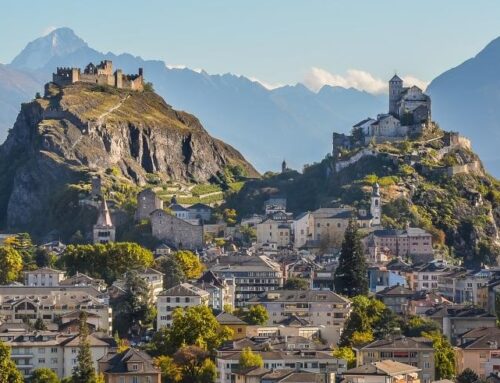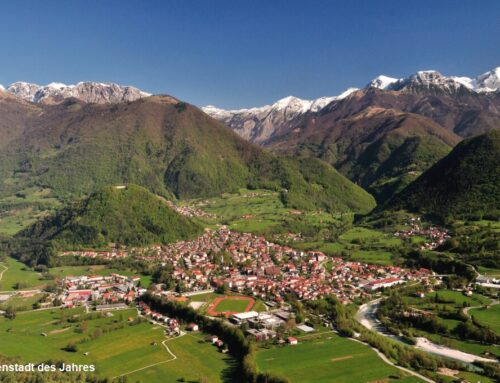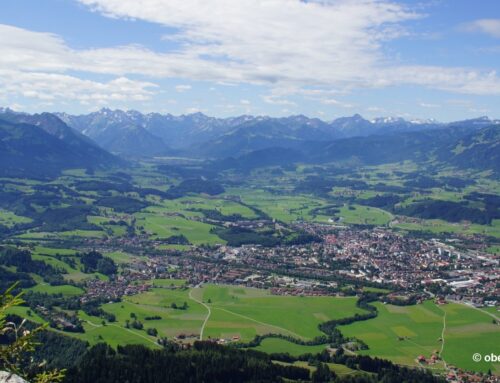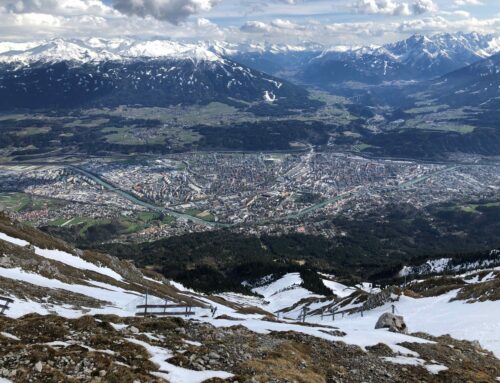Temperature-rise in the Alps takes place in a much higher speed than in other regions, due to the morphological situation. The prominent 2.0° goal has already been surpassed in some Alpine regions. Most climate models agree that due to climate change, pronounced periods of heat and heavy rainfall will occur more frequently in the future. How can municipalities and cities in the Alps adapt and realign their water management and infrastructure? With their strategic initiative “Sponge City”, the Swiss Water Association (VSA) wants to support municipalities and cities in climate-adapted design for the future.
The goal of this “Sponge City” initiative is to find the “right” way to deal with water in (Alpine) settlements so that the dangers of climate change are mitigated: Water must be integrated into the design of settlements and their infrastructures, retained, evaporated, safely drained and used as a design element. This “climate-adapted water management” offers opportunities for humans and nature alike. On the one hand, climate-adapted water management strengthens the principle of water retention. Thus, through infiltration and retention, rainwater is available for vegetation to bridge periods of heat and drought. In addition, the retention leads to a relief of the sewage system and thus to a reduction of pollutant inputs from storm water discharges into water bodies during heavy rainfall. On the other hand, emergency surface runoff paths ensure that damage from surface runoff is avoided as far as possible in the event of flash flood (and overloaded sewers).
Furthermore, “Sponge Cities” improve the urban climate during heat waves by providing shade from site-appropriate trees and, together with green facades and roofs, evaporating enough water to ensure efficient natural cooling. This successfully dampens the “heat island effect”, which can lead to a temperature difference of more than 10° Celsius between the urban area and the surrounding countryside. At the same time, the open water and green spaces promote biodiversity.
With the “Sponge City” strategy, the VSA wants to help all stakeholders work towards a common goal and establish an integrated planning process in which water management is integrated into settlement and open space planning from the outset. In order to be able to implement these measures as comprehensively as possible, the municipalities are optimally supported and accompanied with regard to knowledge exchange and the development of concrete aids. For the planners, the necessary guidelines and directives for the implementation of the measures are to be developed and made available.
To read the full article from Aqua & Gas and to see all the advantages cities and municipalities can gain with the “Sponge City” strategy, click here for the German version and here for the French version.
